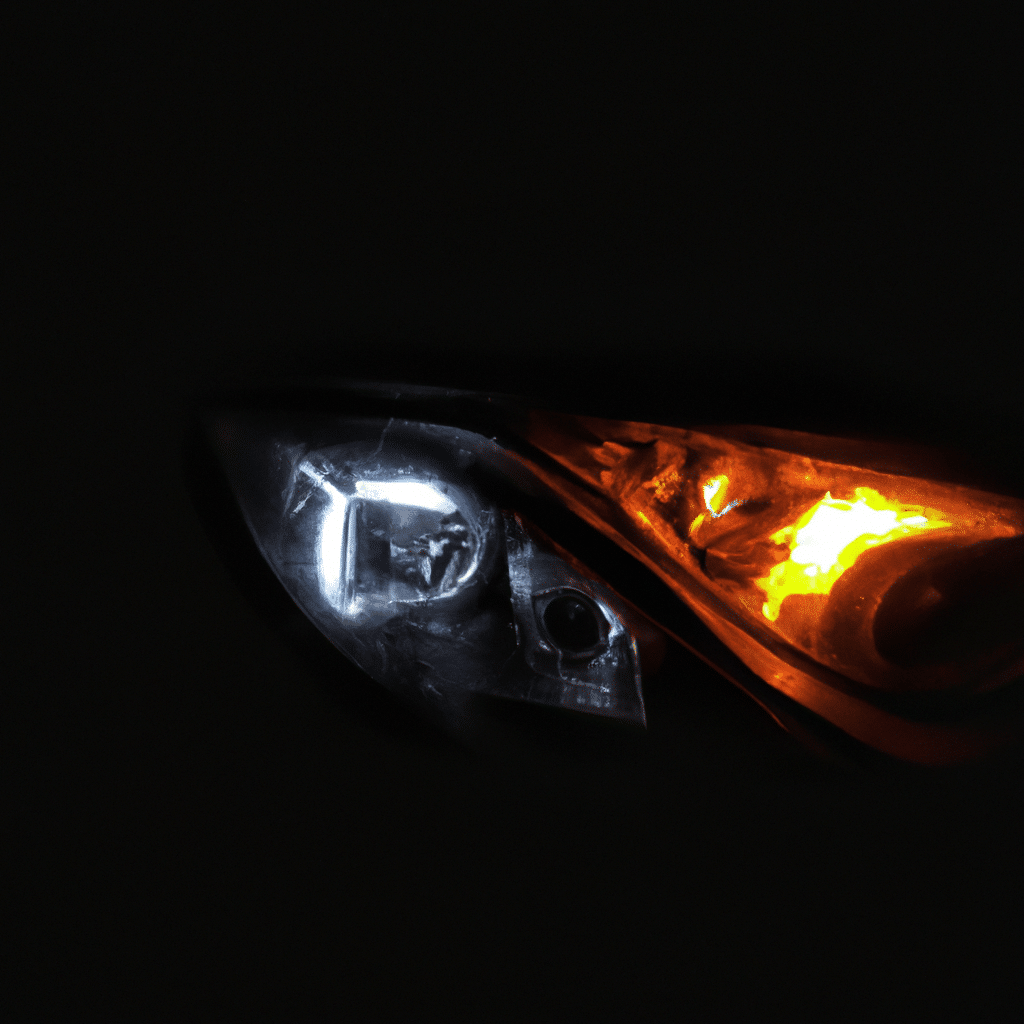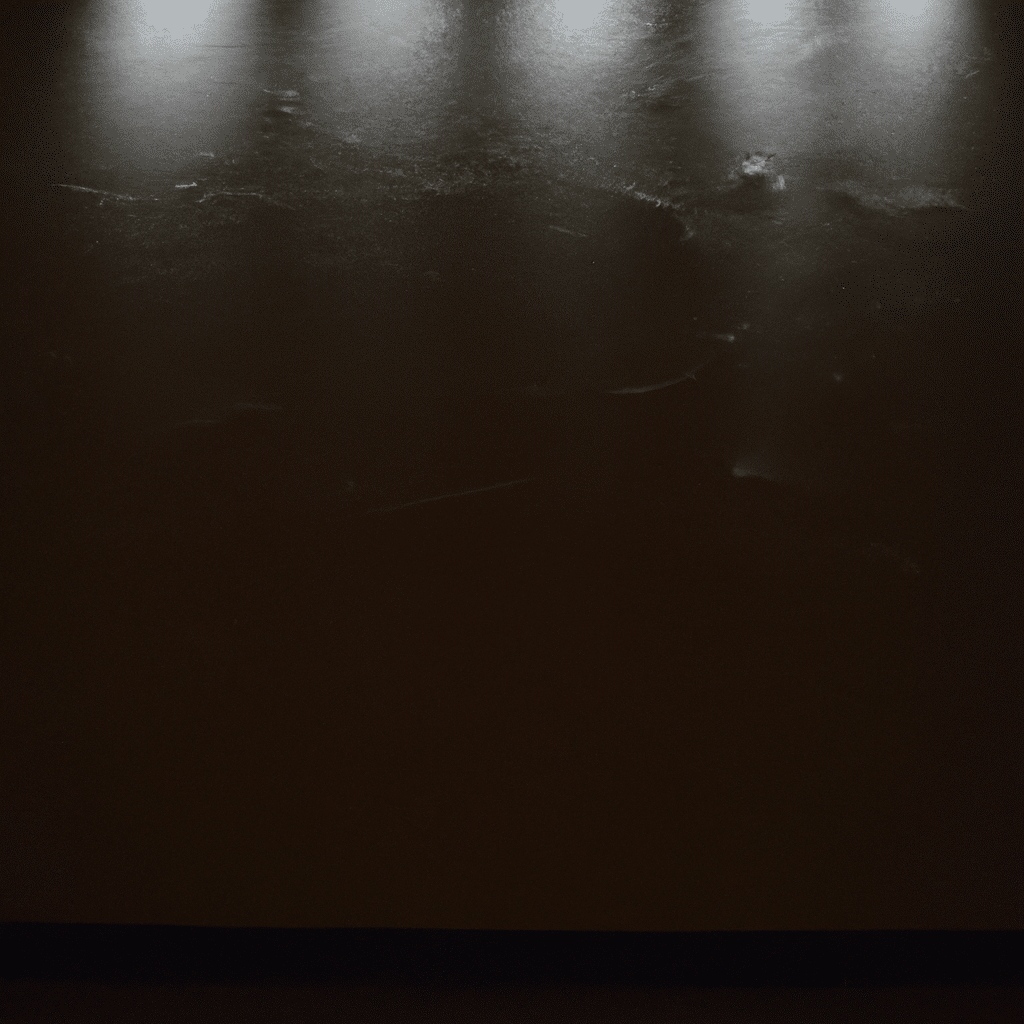Light fixtures are an essential part of any home or office. They provide illumination and add to the aesthetics of the space. However, not all light fixtures are created equal. Some of them can be a fire hazard, which can pose a significant risk to your property and your safety. In this article, we will discuss how to tell if your light fixtures are a fire hazard and what you can do to prevent a fire.
The Causes of Light Fixture Fires
Before we dive into how to tell if your light fixtures are a fire hazard, it’s essential to understand the causes of light fixture fires. The most common causes of light fixture fires are faulty wiring, overheating, and the use of improper bulbs. Faulty wiring can cause a short circuit, which can ignite nearby combustibles. Overheating can occur when the light fixture is too close to combustibles, such as curtains or furniture. The use of improper bulbs can cause the fixture to overheat, leading to a fire.
How to Tell if Your Light Fixtures are a Fire Hazard
Now that we know the causes of light fixture fires let’s discuss how to tell if your light fixtures are a fire hazard. The following are signs that your light fixtures may be a fire hazard:
Flickering Lights
If your lights flicker, it could be a sign of a loose or faulty connection. Loose connections can cause arcing, which can ignite nearby combustibles.
Hot Light Fixtures
If your light fixtures are hot to the touch, it could be a sign of overheating. Overheating can cause the fixture to ignite nearby combustibles.
Burning Smell
If you notice a burning smell coming from your light fixture, it could be a sign that the fixture is overheating. Overheating can cause the fixture to catch fire.
Discoloration or Scorch Marks
Discoloration or scorch marks on your light fixtures can be a sign that the fixture is overheating. Overheating can cause the fixture to ignite nearby combustibles.
Buzzing Sounds
If your light fixtures make a buzzing sound, it could be a sign of a loose or faulty connection. Loose connections can cause arcing, which can ignite nearby combustibles.
Breakers Tripping
If your circuit breakers trip frequently, it could be a sign of faulty wiring. Faulty wiring can cause a short circuit, which can ignite nearby combustibles.
Old Fixtures
If your light fixtures are old, they may not be up to code. Old fixtures may have faulty wiring or outdated components, which can lead to a fire.
How to Prevent Light Fixture Fires
Preventing light fixture fires is essential for the safety of your property and your family. The following are steps you can take to prevent light fixture fires:
Use the Right Bulbs
Using the proper bulbs for your light fixtures can prevent overheating. Check the fixture’s label to see what type of bulbs are recommended.
Keep Flammable Materials Away
Keep flammable materials, such as curtains and furniture, away from your light fixtures. This will prevent the fixtures from overheating and igniting nearby combustibles.
Install Smoke Detectors
Installing smoke detectors in your home or office can alert you to a fire early, giving you time to evacuate safely.
Regular Maintenance
Regularly maintaining your light fixtures can prevent fires. Have a licensed electrician inspect your fixtures annually to ensure they are up to code.
Conclusion
In conclusion, light fixtures can be a fire hazard if not properly maintained or installed. Signs of a fire hazard include flickering lights, hot fixtures, burning smells, discoloration or scorch marks, buzzing sounds, breakers tripping, and old fixtures. To prevent light fixture fires, use the right bulbs, keep flammable materials away, install smoke detectors, and regularly maintain your fixtures. By following these steps, you can ensure the safety of your property and your family.



